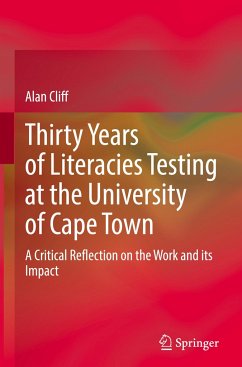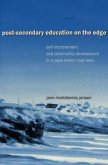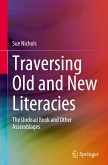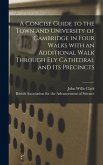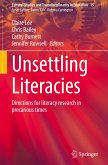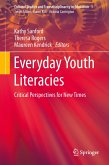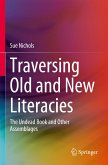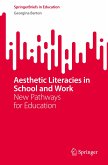This book delves into extensive research regarding the identification and characterization of academic literacies constructs, encompassing academic literacy, quantitative literacy, mathematics comprehension, and reasoning skills, with a specific focus on their relevance within South African educational contexts. The volume provides an in-depth exploration of the research behind the design and creation of assessments aimed at gauging these crucial literacies. It also delves into theoretical aspects of developmental work while shedding light on historical and contemporary inequalities in the South African educational landscape.
Emphasising the practical implications of this research, the book underscores the pivotal role that assessing academic literacies can play in the equitable selection of students, particularly those hailing from educationally disadvantaged backgrounds. Additionally, it highlights how such assessments can inform higher education responsiveness, curriculum development, programme implementation, and the provision of support services for students, ultimately aiding in informed student placement decisions.
Emphasising the practical implications of this research, the book underscores the pivotal role that assessing academic literacies can play in the equitable selection of students, particularly those hailing from educationally disadvantaged backgrounds. Additionally, it highlights how such assessments can inform higher education responsiveness, curriculum development, programme implementation, and the provision of support services for students, ultimately aiding in informed student placement decisions.
Cliff s book not only provides a record of the testing initiative but, also, a means of challenging many of the commonsense assumptions that inform thinking about access to higher education in South Africa and elsewhere by providing an account of the reasoning behind the tests and their analysis. In doing this, the book is a powerful reminder of what we do not know, and are often blinded from knowing, by the power of common sense. (Chrissie Boughey, South African Journal of Science, Vol. 121 (3-4), March-April, 2025)
Cliff offers a detailed overview of why the project chose to frame its work theoretically using the idea of academic literacies , an approach that was prominent in higher education studies in the late 1990s and early 2000s. A huge body of research has been conducted on results from these tests over the 30 years of the project (with the bulk of activity in the 2010s exploiting data from universities across the country) and here Cliff offers a comprehensive summary. (Jennifer M. Case, Higher Education, September 16, 2024)
Cliff offers a detailed overview of why the project chose to frame its work theoretically using the idea of academic literacies , an approach that was prominent in higher education studies in the late 1990s and early 2000s. A huge body of research has been conducted on results from these tests over the 30 years of the project (with the bulk of activity in the 2010s exploiting data from universities across the country) and here Cliff offers a comprehensive summary. (Jennifer M. Case, Higher Education, September 16, 2024)

